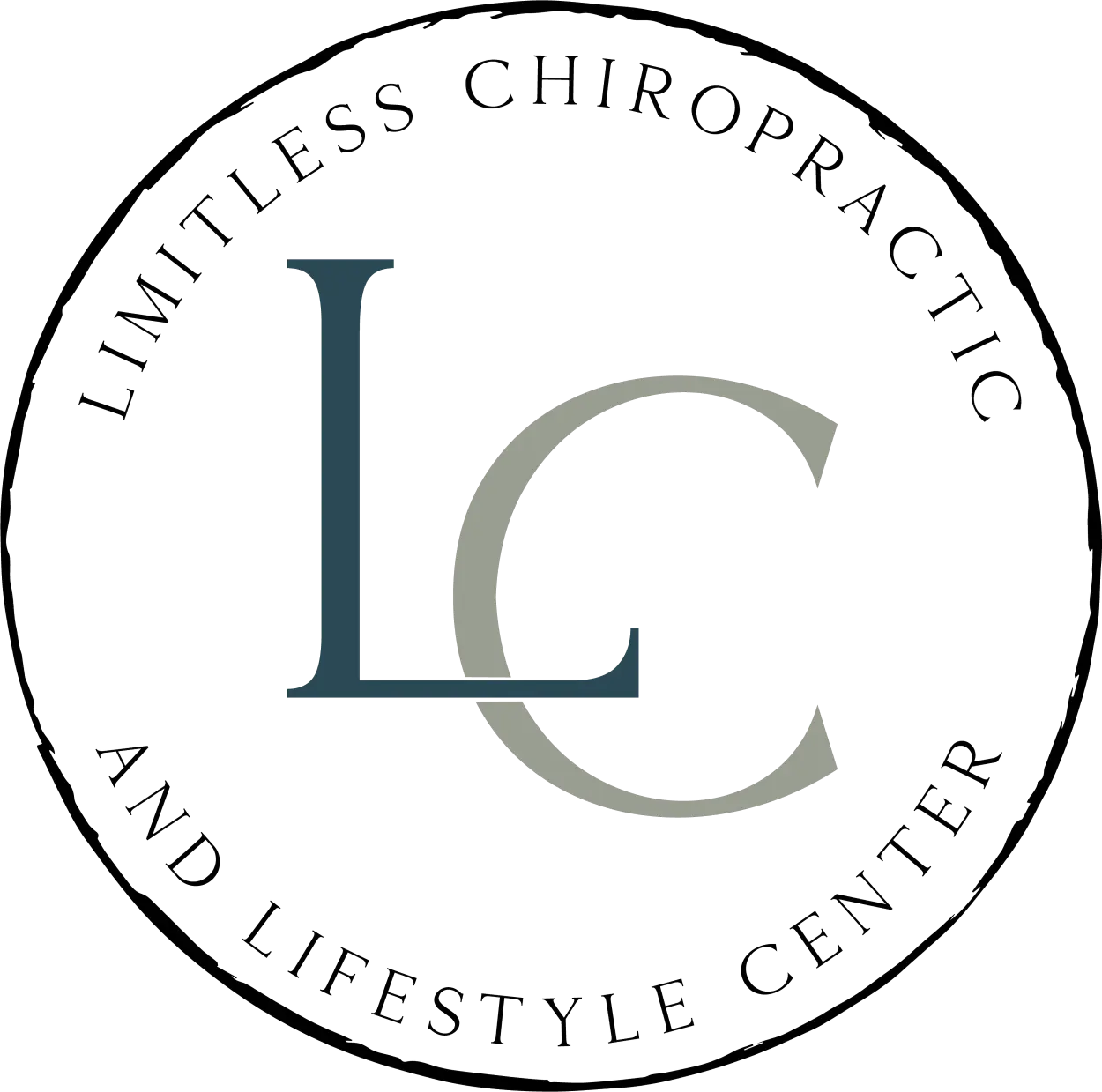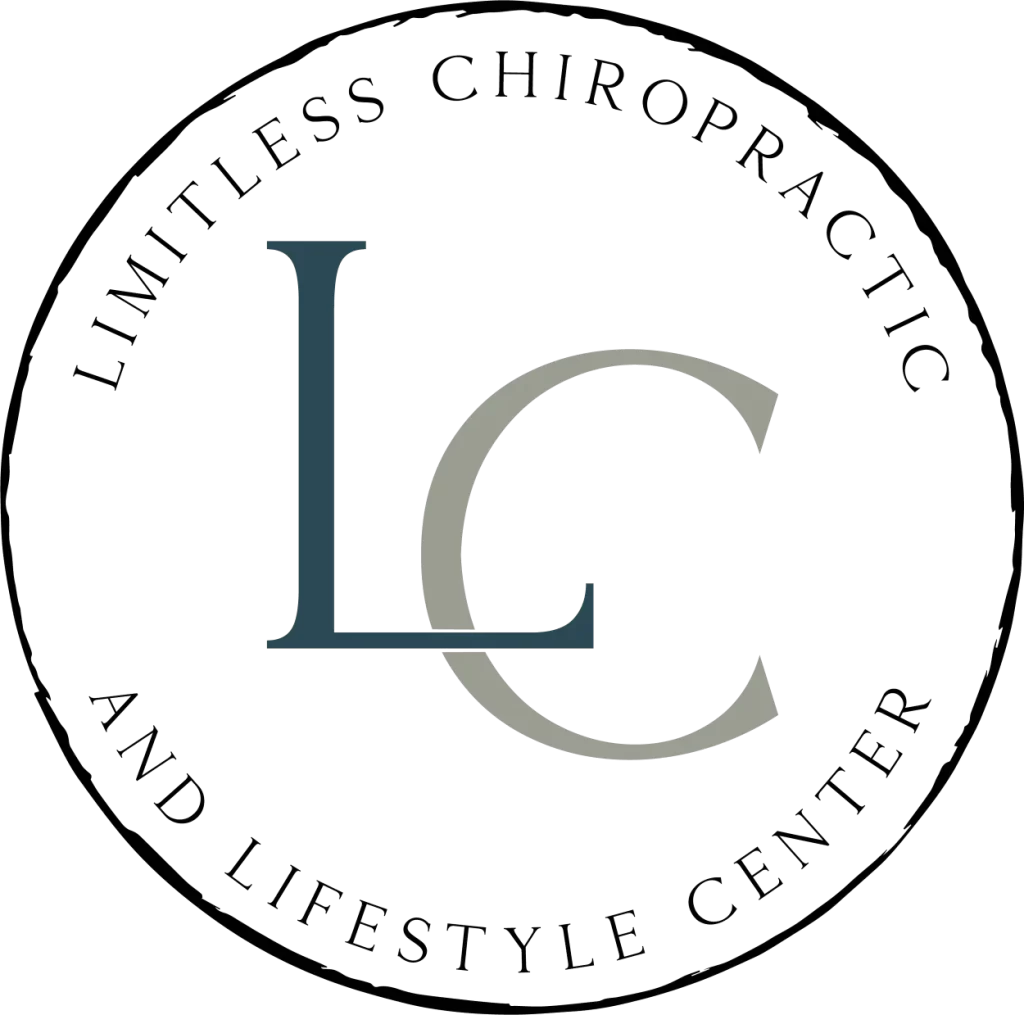The Brain is the most nutrient dependent, energy dependent and toxin/stress vulnerable organ.
Concussion injury causes shearing and tearing of neurons and disrupts communication in the brain and to the body. Here we explore strategies that you can implement to have a profound healing impact on your brain.
Nutrition:
We should aim to get nutrients that provide the building blocks for health, healing and recovery through whole food. Eat one ingredient foods; an apple is an apple, a steak is a steak. Proper nourishment is vital. If we don’t give our brain the food it needs, how will it heal?
Many of the “foods” we consume in modern society are poisoning us.
Limit:
- Ultra-processed and packaged foods. Stay away from foods with lengthy ingredient lists
- Sugar. It is inflammatory and the causal factor in many chronic disease processes and pain.
- Inflammatory fats, fried foods and seed oils (soybean, safflower, palm, vegetable, canola, etc) These also contribute to chronic disease processes and pain.
- Grains and carbohydrates (pasta, cereal, crackers, bread, rice etc). Low carb nutrition can be helpful after concussion.
- Dairy
- Alcohol, caffeine and nicotine.
- Artificial sweeteners (i.e. aspartame and sucralose).
Prioritize:
- Protein from healthy animal sources (grass fed and finished when possible, it matters). Protein provides the building blocks for healing, tissue regeneration & stabilizes blood sugar.
- Healthy fats (MCT oil, coconut oil, grass-fed butter, avocado, olive oil, nuts, seeds, clean meat, eggs etc). Fats provide the building blocks for hormone production, neurological development and provide fuel for your brain.
- Vegetables, particularly cruciferous vegetables (broccoli, cauliflower, cabbage, etc)
- Berries and other low glycemic fruits
- Hydration (this includes electrolytes). Half your body weight in ounces of filtered water per day is a good general recommendation.
- You may consider paleo or more of a ketogenic nutrition plan if you’re ready to dive in. These nutrition plans eliminate a lot of inflammatory foods. Intermittent fasting can also be a helpful strategy to help reduce inflammation.
Movement:
Establishing regular movement and exercise routines is vital for brain health and post concussive rehabilitation. In fact, it may be the most important thing we can do to protect our brain and help it heal, besides sleep. It helps decrease pain and inflammation, increases energy, improves cognitive function, coordination, sleep. Additionally, it stabilizes blood sugar, mood and improves mental health.
It’s important in the acute phase to incorporate movement soon after injury (48hrs) when able to do so. The movement should be gentle and with as little impact on your body as possible.
Low impact activities:
- Walking
- Stationary bike
- Swimming
- Rowing
- Light core strengthening
It is easy to “overdo it” after head injury and doing too much can make symptoms worse at times. Take it easy, check in with your body and if a 10-minute walk is all you can tolerate at first that’s ok. Slowly incorporate more movement. As your condition stabilizes, exercise should intensify, adding balance and bodyweight training would be ideal. These exercises will improve postural control, mobility and contribute to physical changes in the brain. As well as improved cognitive and hormonal function.
Sleep:
Sleep is the #1 way your body heals and regenerates and keeps your brain healthy. Sleep can be disrupted and difficult post-concussion but establishing a proper sleep routine is essential for the rehabilitative process. Proper nutrition, stress management, movement/exercise, getting adequate sunlight are all things that will help regulate dysfunctional sleep.
The Do’s:
- 7-9 hours per night
- Same time to bed, same time to rise
- Limit blue light emitted from electronics, especially within 2 hours of sleep (it decreases melatonin production). In the acute phase post-concussion it is important to have little to no exposure to light emitted from electronics. It is damaging, hard on your brain, and impacts healing. Utilize blue light glasses if you have to use a device.
(For a more detailed discussion about sleep, visit THIS LINK)
Stress management/emotional health:
Under chronic states of stress, the chemicals that carry messages from one nerve to another begin to deplete. This causes the brain to work less efficiently. This is exactly what we are trying to combat post-concussion. Chronic stress it throwing fuel on the fire and making it harder to recover.
Strategies for reducing stress:
- Regular movement
- Proper nutrition
- Healthy sleep
- Human connection
- Breathwork
- Meditation
- Nature
- Music
- Journaling, etc
Chiropractic Adjustments:
Chiropractic adjustments are critical for supporting your brain and body to optimize the healing process. Adjustments increases oxygenation and nutrients to the brain. They improves balance, strength and postural control. Adjustments contribute to physical changes in the brain influencing better cognitive and hormonal function. We know they decrease pain, inflammation, stress and most importantly interference in your nervous system so your brain and body can communicate better.
Supplementation:
These are building blocks that your brain requires to work and they are neuro-protective. These will reduce symptoms and help you recover faster. You are also more susceptible to poor outcomes post brain injury without them.
The big 3:
- Vitamin D
- Omega 3 fatty acids
- Magnesium
Additional supplements: resveratrol, turmeric, ginger, quercetin
Other helpful healing strategies:
Floatation therapy- reduces stress, reduces blood pressure, stimulates endorphin production, normalizes stress hormone levels
LLLT- Low level laser (light) therapy- controls pain, increases blood flow and has been shown to stimulate nerve growth and to improve memory and focus, reduces inflammation
Hyperbaric oxygen therapy- Improves brain and tissue oxygenation. Shows promise for relief of many concussion related symptoms.
Earthing/grounding- literally take your shoes off and put your feet on the Earth. It has been shown in numerous studies to improve sleep and blood pressure, reduce inflammation and pain, decrease stress hormones and improve circulation. Best part is its free and you can do it anywhere.
This is by no means an exhaustive account but it creates an outline that provides a foundation to incorporate healing strategies along the way that can have a profound impact.
-Dr. Mike

